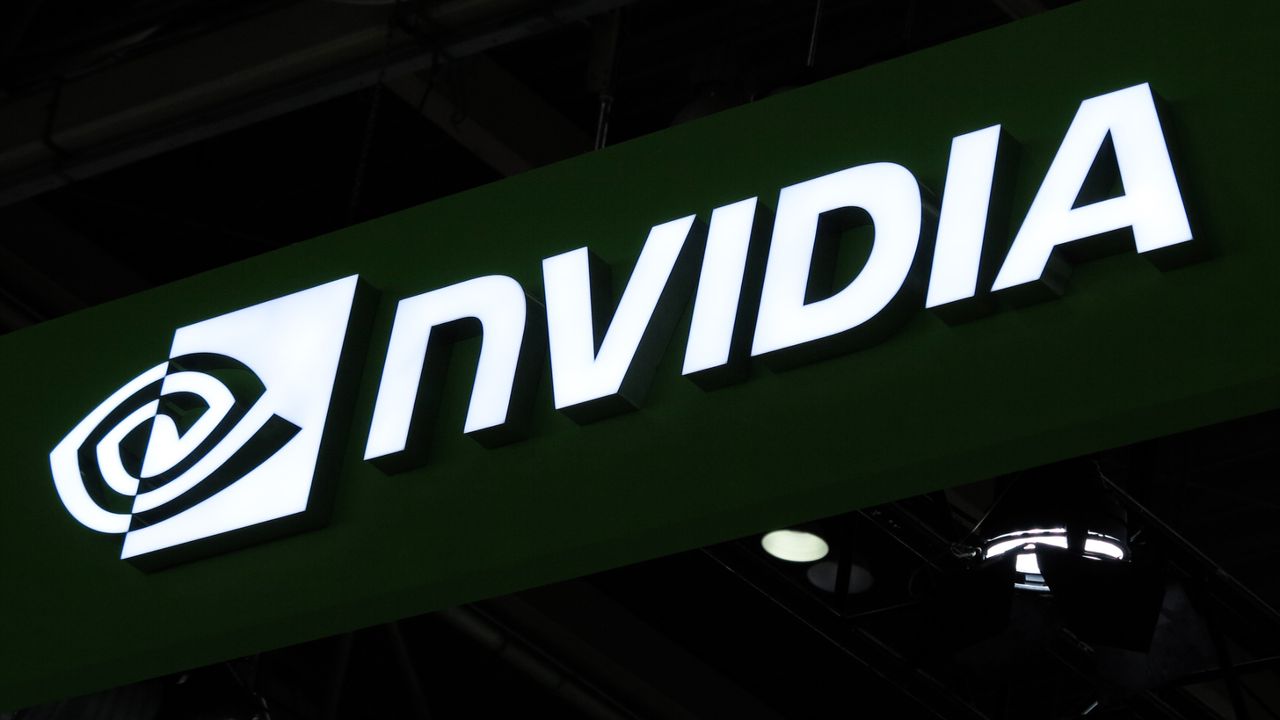
Just hours after President Trump confirmed a new deal that will see Nvidia pay 15% of sales revenue to the government in exchange for H20 export licenses, a new Bloomberg report claims that China's government has been urging local companies to avoid using the chips for weeks. Nvidia has hit back and tells us its H20 chip is not for use in military applications or government infrastructure.
Over the weekend, reports claimed that the White House had struck a deal with both Nvidia and AMD that would see the companies share 15% of related revenue in China in exchange for export licenses of previously restricted chips, the H20 and MI308, respectively. Since then, President Trump has confirmed the deal and even hinted that he may permit Nvidia to ship more potent Blackwell AI processors, providing they are nerfed in some regard.
Despite the perceived boon to Nvidia in securing H20 licenses, Bloomberg says that China "has urged local companies to avoid using Nvidia Corp.’s H20 processors," especially for government-related purposes, in a potential blow to the company. According to the report, Chinese authorities have sent notices to firms over the past few weeks "discouraging use of the less-advanced semiconductors." The report comes from "people familiar with the matter," and cannot be verified at this stage; however, Bloomberg claims the information comes from interviews with "more than a half-dozen people." A similar FT report on Tuesday echoes the development, stating that Beijing is demanding tech companies justify orders of H20 chips instead of domestic alternatives.
The report claims that particularly strong guidance was issued around the use of the H20 chip for government and national security-related work by both state enterprises and private companies. It also briefly mentions that AMD AI accelerators, presumably the aforementioned MI308, are also thought to have been included in the push. According to the report, some letters from the state to companies included a series of questions asking why entities would buy Nvidia H20 chips over local alternatives, "whether that’s a necessary choice given domestic options, and whether they’ve found any security issues in the Nvidia hardware."
The concerns reflect recent reports that Chinese state media is pushing the line that H20 GPUs are unsafe and outdated. One state-linked social media account wrote on WeChat, "When a type of chip is neither environmentally friendly, nor advanced, nor safe, as consumers, we certainly have the option not to buy it."
Bloomberg claims that the most stringent guidance relates only to sensitive applications, in the same way that Tesla vehicles and iPhones are restricted in certain places in the country. However, at least one source reportedly told the publication that the guidance could be extended.
In a statement, Nvidia told Tom's Hardware: "As both governments recognize, the H20 is not a military product or for government infrastructure. China has ample supply of domestic chips to meet its needs. It won't and never has relied on American chips for government operations, just like the U.S. government would not rely on chips from China. Banning the sale of H20 in China would only harm U.S. economic and technology leadership with zero national security benefit." The statement, while addressing China's concerns, seems strange, given that China's reported move against H20 would clearly be motivated, at least in part, by a desire to erode U.S. economic and technology leadership.
As mentioned, the state media concerns were fairly nebulous, simply touting the H20 as unsafe and bad for the environment. More specifically, Bloomberg claims that China's concerns center around location-tracking and remote shutdown of chips, coupled with a broader concern about shifting reliance away from Western offerings. According to Bloomberg, Chinese officials "are worried that Nvidia chips could have location-tracking and remote shutdown capabilities," something Nvidia strenuously denies. In a recent article, Nvidia denounced claims that any of its hardware contains backdoors or kill switches, and vehemently opposed their use in principle. As the report notes, Washington has floated the idea of using georestrictions, including software and hardware-based solutions, to combat chip smuggling.
On the broader note of supply, Bloomberg notes "Beijing is intensely focused on developing its domestic chip capabilities," and cites officials urging Chinese companies to pick homegrown semiconductors.
If China is indeed going on the offensive, urging local companies to steer clear of H20 chips, that could complicate the picture for Nvidia in the region somewhat. Despite initial indications that Nvidia was sitting on enough H20 chips to meet renewed demand — CEO Jensen Huang stated the company would not restart production — a report in late July claimed Nvidia was seeking an extra 300,000 units to meet demand.
The FT reports that some tech companies are reportedly planning to downsize their oders of H"0 chip following questions from regulators.
Follow Tom's Hardware on Google News to get our up-to-date news, analysis, and reviews in your feeds. Make sure to click the Follow button.







